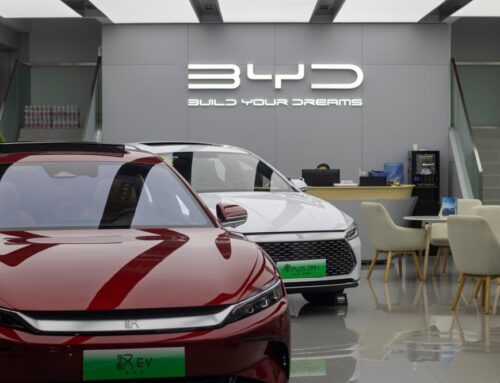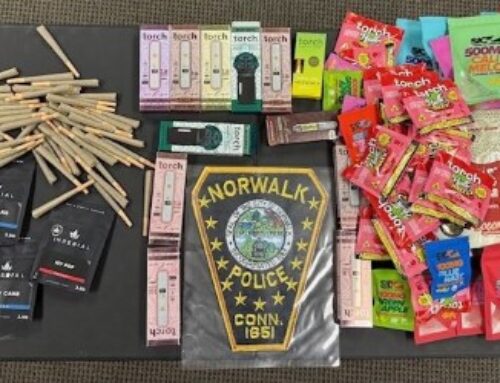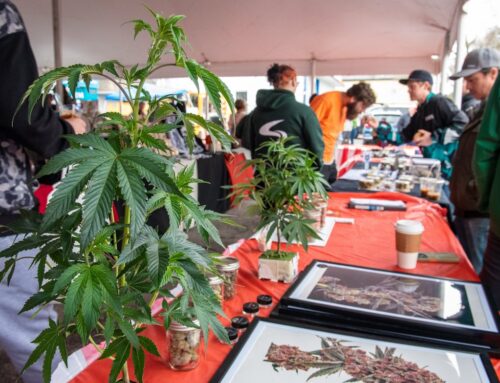New Jersey Opens Cannabis Lounge Applications to All Dispensaries
July 4, 2025
As of July 2, any cannabis dispensary interested in opening a consumption area can apply for licensing from the New Jersey Cannabis Regulatory Commission. In January 2025 the state began taking applications from social equity businesses, and in stages expanded eligibility to other categories such as diversely owned dispensaries and microbusinesses. Now, any dispensary with a Class 5 retailer license or a medicinal permit can apply.
Applications cost $200. Dispensaries that are approved must then pay an additional $800, as well as a $5,000 annual fee. For microbusinesses, the annual fee is $1,000.
The regulation of cannabis consumption within dispensaries shares some similarities to regulation of alcohol consumption in bars. The cannabis lounges are restricted to adults over 21, the legal age for cannabis sale and use, so people will have to show photo ID to get in. People can’t leave with open containers, and any leftover cannabis products have to be disposed of onsite. The lounges can be either indoors or in a partially enclosed outdoor area; ventilation plans are required as part of the application.
The dispensaries can’t sell food, but people can bring their own food or have it delivered if the local government allows that; food trucks are permitted to park outside too, since the lounges are only prohibited from sharing physical retail space with any business that sells food.
No alcohol, tobacco or nicotine products can be sold or consumed onsite. All non-medical cannabis consumed must be purchased onsite from the dispensary, but patients with medicinal permits are able to bring in medical cannabis they’d purchased elsewhere.
The first cannabis lounge to be licensed in the United States opened in 2019 in West Hollywood. They’re now permitted in more than a dozen states, the District of Columbia and the US Virgin Islands.
In New Jersey, the commission began taking public comment on consumption lounge rules in January 2023 and then adopted the finalized versions in 2024.
The state defines social equity businesses as those owned by people with marijuana-related convictions—whether or not the convictions is still on their record—or by people in zip codes considered “economically disadvantaged areas” as defined by the commission. The criteria for each zip code is a median household income of 80 percent or less than the state-wide median income, and a health uninsured rate of at least 150 percent the statewide rate.
Priority review for consumption lounge applications was also given to “impact zone businesses,” which are located in municipalities with higher rates of marijuana-related arrests, unemployment and law enforcement activity relative to other parts of the state.
Diversely owned dispensaries, meanwhile, are those owned by women, minorities or disabled veterans. Microbusinesses are defined as those with 10 or fewer employees and a retail space not larger than 2,500 square feet. Microbusinesses that are approved to operate consumption lounges are permitted to expand their business without losing their licensing.
As of mid-June New Jersey has licensed around 240 medical and adult-use dispensaries. But burdensome regulatory decision have resulted in cannabis being priced much higher than many other states, due to limited supply. Just over one-quarter of jurisdictions within the state allow dispensaries to operate.
Image (cropped) via City of Los Angeles Department of Cannabis Regulation
Search
RECENT PRESS RELEASES
Related Post



